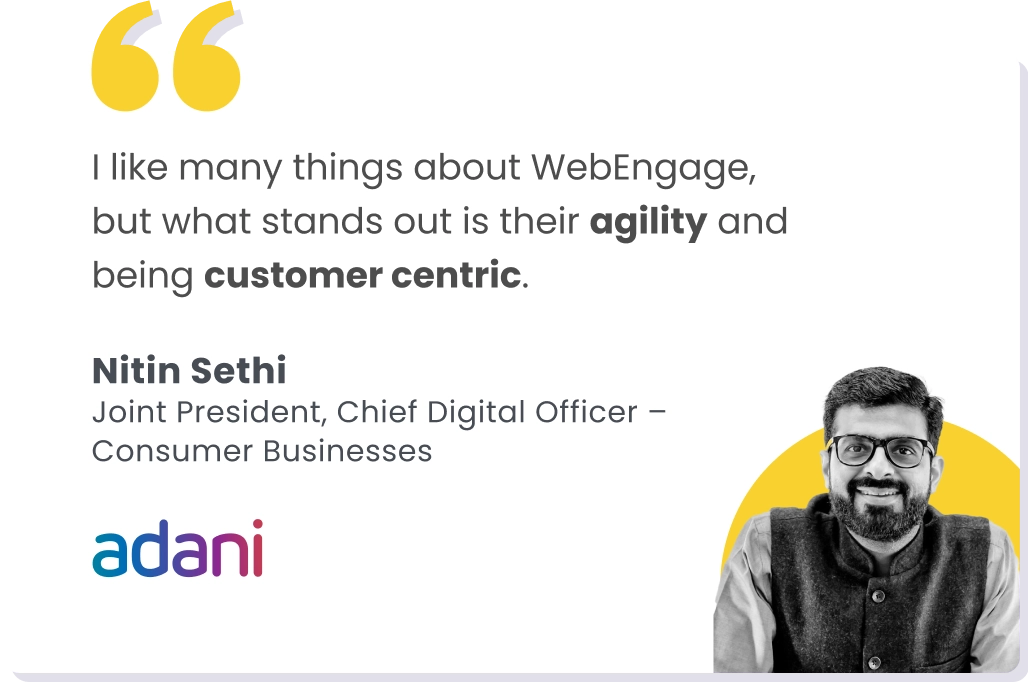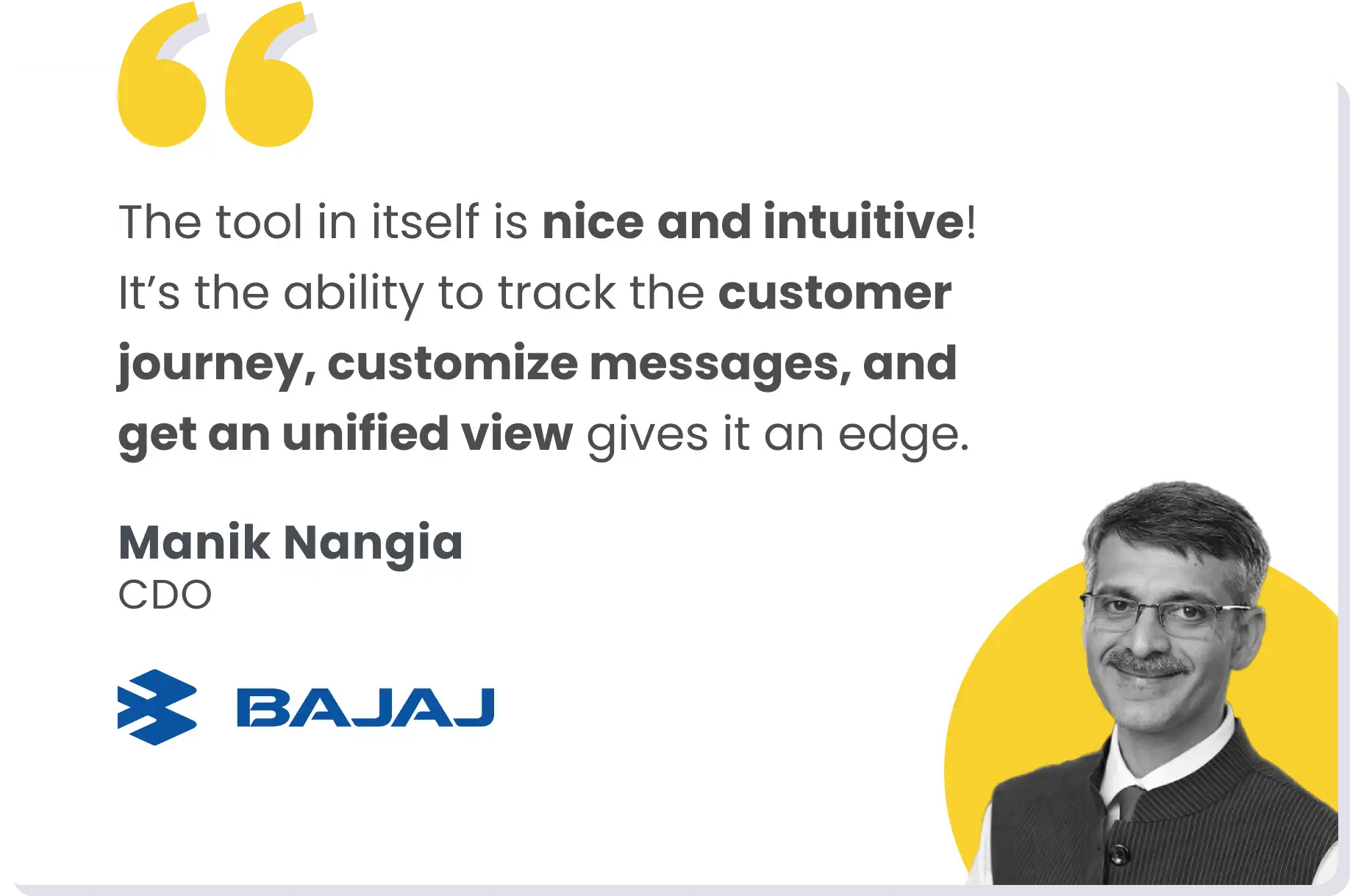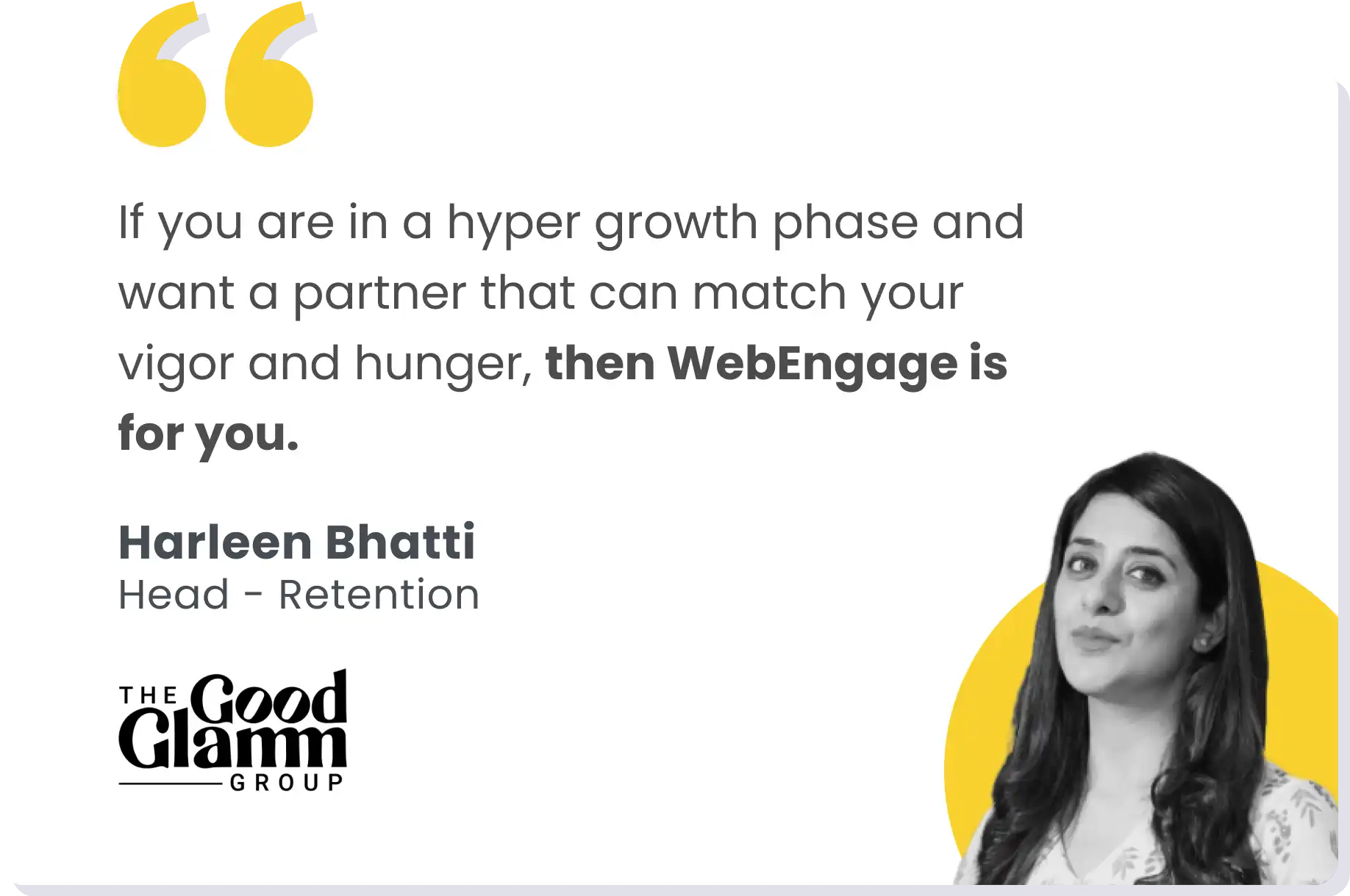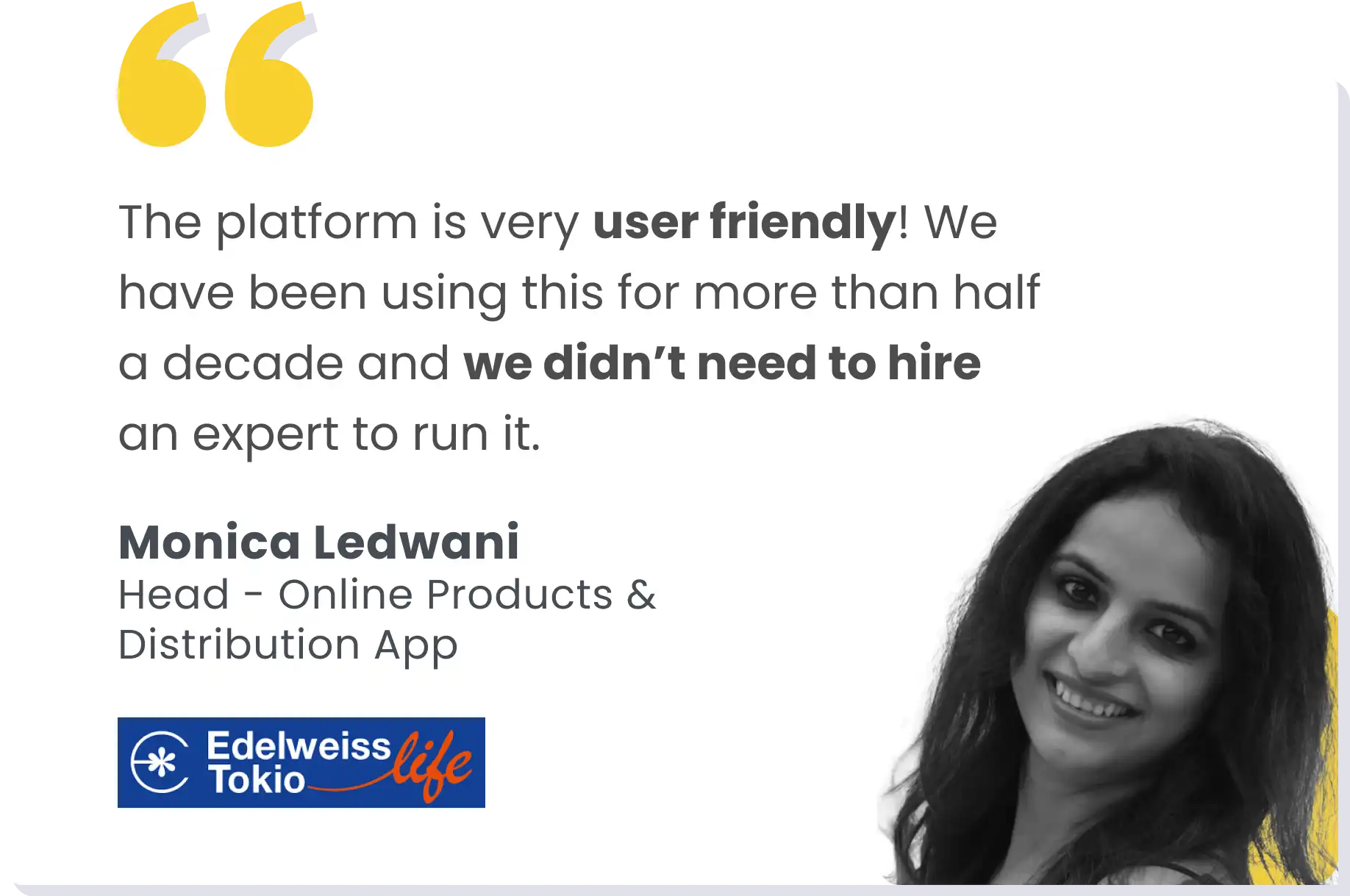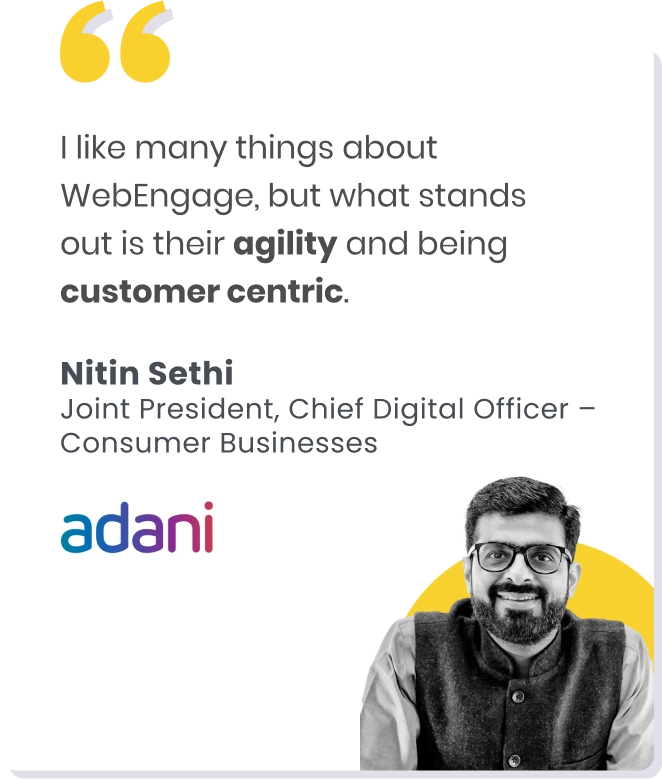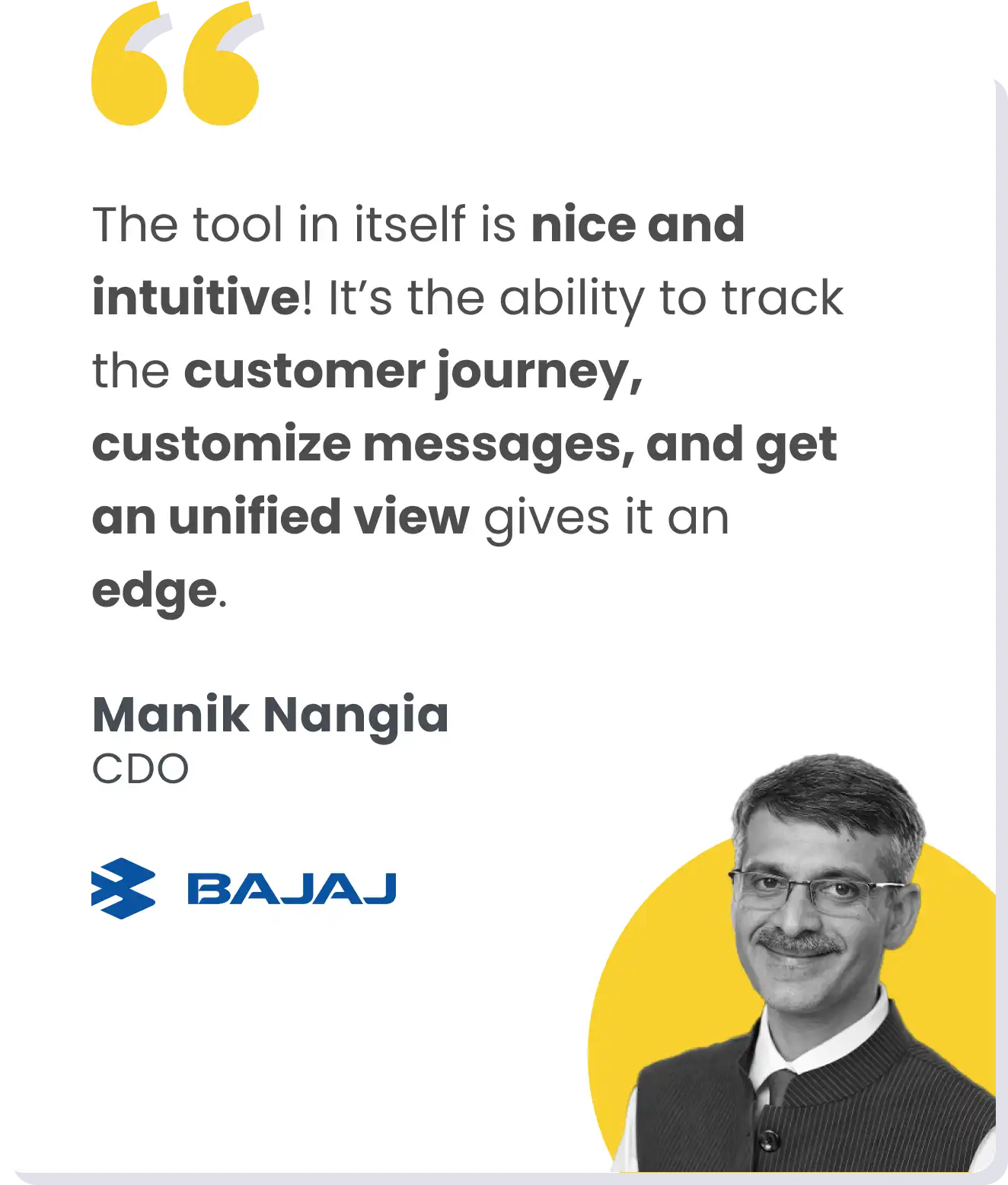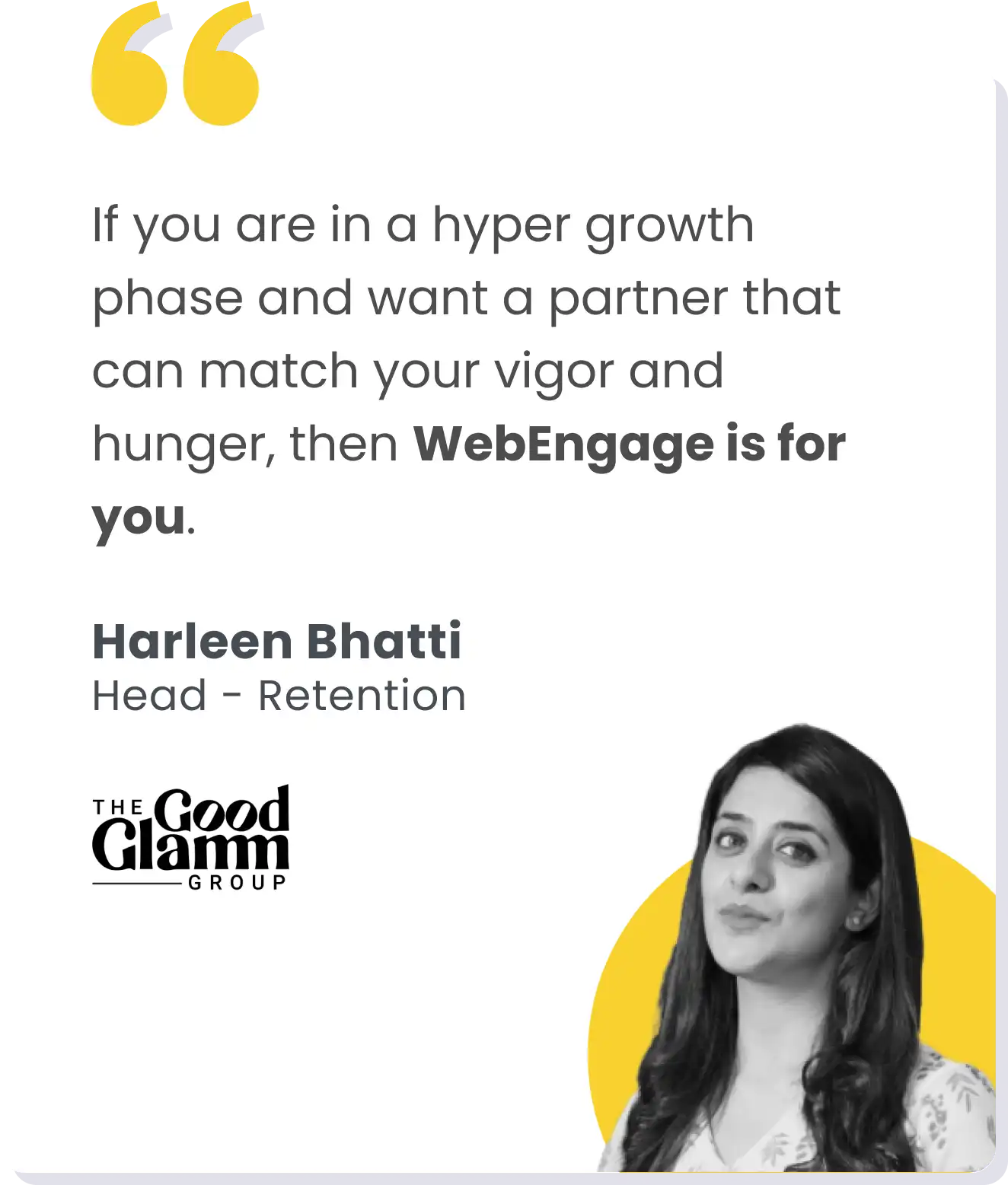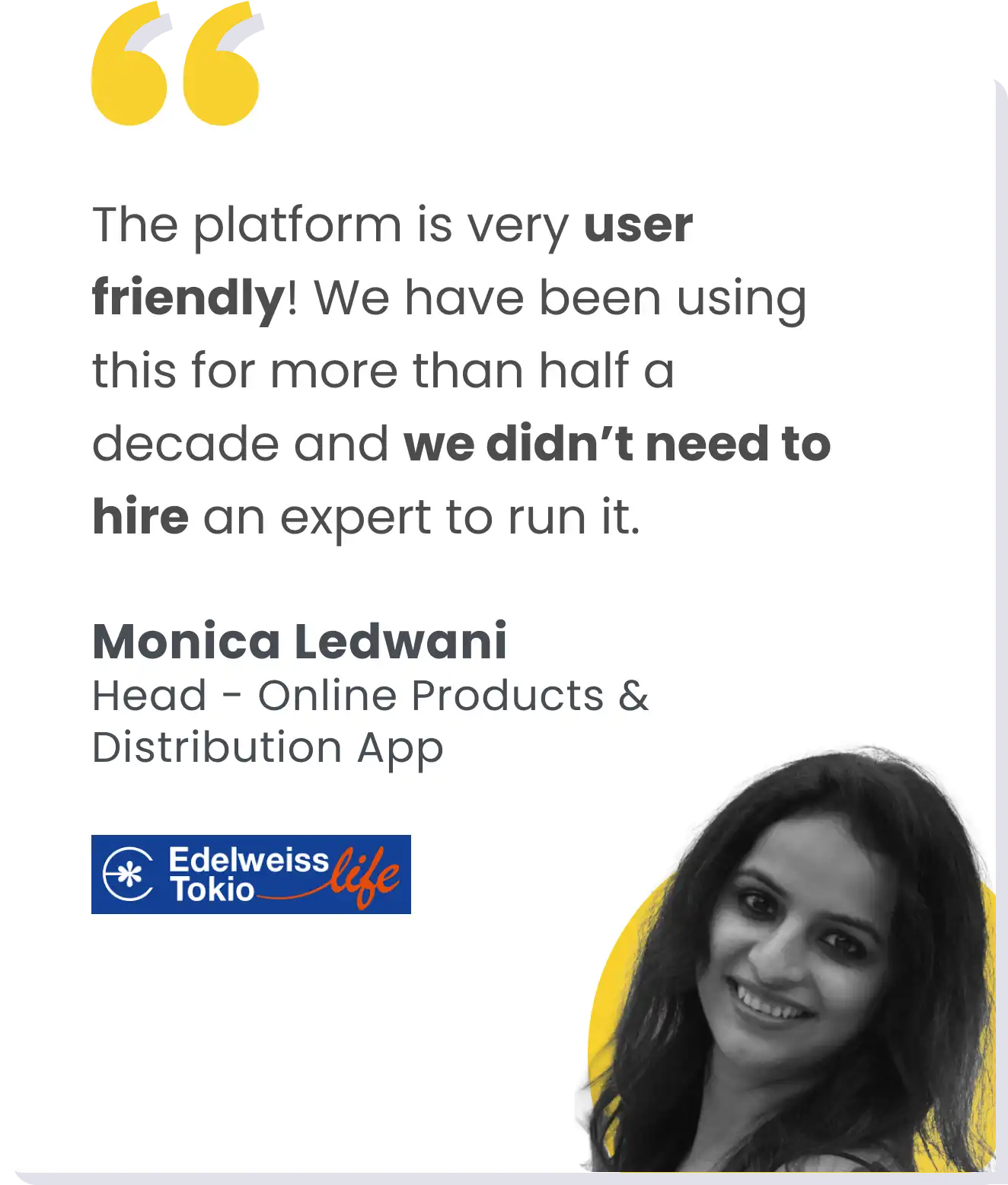In a world where digital prowess is becoming more critical than ever, only those businesses that embrace agility and constantly adapt their marketing strategies will have the best chance to succeed. A recent report reveals that a staggering 63% of companies have increased their digital marketing budgets just this past year, signifying that there are a multitude of measures that brands must take to maintain agility, embrace digital transformation, and ultimately enhance their marketing ROI.
Over the past decade, I have been fortunate enough to work with leading digital-centric companies like Quikr, Yatra, IndiGo, and Adani Digital Labs, allowing me to witness the transformative impact of digital ecosystems firsthand. Here are my two cents on how you can stay agile and keep your digital marketing efforts relevant in 2023.
Adopt An Agile Mindset
The digital landscape is constantly changing, with the emergence of new platforms, technologies, and shifting consumer preferences. These factors necessitate a continuous learning process and digital adaptation for brands to excel in their marketing efforts. By embracing agility, brands can rapidly respond to these new trends, capitalize on novel opportunities, and tailor their strategies to meet the evolving needs of their target audience.
Digital agility empowers organizations to swiftly develop, test, and implement new marketing strategies, encompassing enhanced workflows, processes, and systems. Embracing this agility allows for seamless and rapid deployment of these digital adaptations across various departments, ensuring marketing efforts remain impactful and efficient.
Adopting an agile mindset in digital marketing is paramount to navigating the dynamic landscape and achieving long-term success. Utilizing the right technology tools facilitates the creation of solutions that can be implemented within days instead of months, proving to be a game-changer for future growth, operational efficiencies, and marketing ROI.
Leverage Data-Driven Insights
In the era of big data, harnessing the power of data-driven insights is critical for brands striving to optimize their digital marketing strategies and achieve significant results. Data reveals valuable insights into consumer preferences and behaviors and equips brands with the ability to make informed decisions, laying the foundation for more effective and targeted marketing campaigns.
Implementing a data-driven strategy requires brands to take a structured approach, beginning with establishing clear objectives and key performance indicators (KPIs) such as conversion rates, cost per acquisition (CPA), and return on investment (ROI). By doing so, brands can better align their marketing initiatives with their overall business goals and ensure that their efforts are focused on driving tangible results. Additionally, continuously monitoring and analyzing campaign data allows brands to stay agile, refine their strategies, and adapt to the changing digital landscape.
At Adani, we face the massive challenge of engaging with over 400 million customers across our diverse product and service offerings. Fortunately, utilizing the appropriate tools and technology that effectively manage our customer data and offer comprehensive insights into customer behavior has empowered us to foster personalized engagement. This approach enables us to deliver exceptional customer experiences across both web and mobile platforms.
Create Engaging and Personalized Consumer Experiences
In today’s competitive landscape, achieving exceptional digital marketing ROI relies on delivering engaging and personalized consumer experiences. This starts with understanding your target audience; gaining insights into their demographics, preferences, and behaviors is critical for crafting experiences that truly resonate with them.
Another crucial aspect is leveraging data for personalization. By harnessing data from various sources, including website analytics, social media, and customer relationship management systems, marketers can customize their messaging and campaigns to align with individual customer preferences and behaviors. This targeted approach leads to increased return on investment and a more efficient allocation of marketing resources.
Additionally, emphasizing customer feedback and user-generated content contributes to building trust and credibility. Encouraging customers to share their experiences, opinions, and reviews of products or services bolsters brand image and offers valuable insights for refining marketing strategies.
At Adani, we prioritize the customer experience and place it at the core of all our strategies. By actively seeking and valuing customer feedback, we continuously work towards improvement. This customer-centric approach has been phenomenal for us over the years, allowing us to iterate quickly, pivot, and make changes that ultimately lead to long-term success.
In today’s customer journey, convenience and empowerment take center stage. For businesses to thrive, they must cater to customers on the go, address their needs at the right time, and ensure a seamless transition from one interaction to the next.
Harness the Power of Artificial Intelligence and Automation
The advent of AI tools like ChatGPT and Bard has brought about rapid advancements in the world of AI, offering unparalleled opportunities to brands to enhance the efficiency and effectiveness of their digital marketing efforts. By adopting AI-powered tools and platforms, brands can gain a competitive edge, improve their marketing ROI, and create more targeted and data-driven campaigns.
Integrating AI and automation into digital marketing campaigns begins with identifying the areas where these technologies can benefit most. For example, programmatic advertising leverages AI to automatically buy and sell ad inventory, ensuring ads reach the right audiences at the right time, ultimately reducing costs and increasing the effectiveness of ad campaigns. Moreover, AI-driven content recommendation engines can deliver personalized content to users, enhancing engagement and conversion rates.
Brands looking to adopt AI-powered tools and platforms should start by researching the available options and identifying the solutions best suited to their specific needs and objectives. This may involve experimenting with different tools and platforms to determine which aligns most closely with their digital marketing strategies.
Automating repetitive tasks like social media posting, email marketing, and performance reporting can significantly streamline digital marketing operations, allowing teams to focus on more strategic and creative tasks. This strategic reallocation of resources ultimately leads to more efficient and effective digital marketing campaigns, boosting overall ROI.
While AI offers unparalleled opportunities for enhancing efficiency and effectiveness in digital marketing, it is crucial to remember that the data captured by these tools, like Chat GPT, is only up to 2021. As a result, it may not always provide the most accurate insights. Furthermore, the capabilities of AI in making leadership decisions are still uncertain. Although AI algorithms can analyze vast amounts of data to identify trends and patterns, it is unclear whether they possess the required complexity to make the nuanced strategic choices that business leaders typically make.
It is also essential to consider data privacy and security concerns when integrating AI into digital marketing campaigns. Additionally, the ethical implications of AI, particularly in terms of potential biases and fairness, must be considered to prevent unintended consequences that could negatively impact the brand’s image and customer trust.
Moreover, recognizing that AI-powered tools and platforms are not a one-size-fits-all solution is vital. Brands must carefully research the available options, assessing each tool’s and platform’s benefits and limitations to determine which ones best align with their specific needs and objectives.
Embrace the 3 Vs of digital:
As technology becomes increasingly accessible and reaches a broader demographic, it is crucial for brands to focus on the 3 Vs of digital—voice, Video, and Vernacular—to amplify their digital marketing efforts. By tapping into these three critical elements, brands can create more engaging, personalized, and accessible content, leading to more effective digital marketing campaigns and increased ROI.
Voice
Voice refers to the growing importance of voice-based interactions and search technologies. With the rise of smart speakers, voice assistants, and voice-enabled devices, consumers increasingly turn to voice commands for search queries and brand interactions. This trend presents an opportunity for businesses to optimize their content for voice search and develop voice-based marketing strategies to reach this expanding audience segment. By incorporating voice technologies, brands can provide seamless, hands-free experiences that cater to their target audience’s evolving preferences and demands.
Video
The video represents the dominant role of video content in capturing and retaining consumer attention in the digital space. With the proliferation of video-sharing platforms and the increasing consumption of video content on social media, brands must prioritize creating and distributing compelling, shareable video content. Video marketing offers an unparalleled opportunity to convey complex messages in an easily digestible format, engage viewers emotionally, and showcase the brand’s personality. By integrating video content into their digital marketing strategies, businesses can drive higher engagement, increase brand visibility, and improve conversion rates.
Vernacular
Vernacular, the third V, highlights the necessity of localization and personalization in digital marketing campaigns. With technology expanding its reach globally and locally, brands must make their content accessible and relevant to a diverse local audience.
Brands like Facebook have already adapted their platforms to offer content in multiple languages based on user regions. This localization strategy has made them more accessible to users worldwide and contributed to their rapid growth in emerging markets. Moreover, many brands claim that vernacular content can yield a higher ROI of 20-30% than non-vernacular content.
To truly capitalize on the potential of vernacular marketing, businesses should invest in understanding the nuances of their target markets’ local languages, cultures, and preferences. This in-depth knowledge will enable brands to develop more targeted and effective marketing campaigns and establish a strong presence in emerging markets.
The 3 Vs of digital—voice, Video, and Vernacular—serve as critical pillars for brands to enhance their digital marketing efforts. By acknowledging the importance of these elements and integrating them into their marketing strategies, businesses can create more engaging, accessible, and personalized experiences that resonate with their audience. In turn, this will result in more effective digital marketing campaigns, increased brand visibility, and higher ROI for the brands that successfully leverage the 3 Vs of digital.
Measure and Analyze Digital Marketing ROI
Continuously measuring and analyzing your digital marketing ROI is an essential practice that provides valuable insights into your strategies’ effectiveness and ensures you’re on the right track. While ROI is not the sole determinant of success, it is undeniably critical. However, the ever-evolving digital landscape demands adaptability and a commitment to continuous learning from both successes and failures.
Over the years, digital marketing has transitioned from being a supplementary marketing channel to an indispensable one pivotal in driving business growth and customer engagement. As we forge ahead into 2023 and beyond, brands must recognize the immense potential of digital marketing and invest in the right tools and tech stack to optimize their strategies to maximize ROI.
Stay digital, stay agile–embrace your digital marketing challenges with confidence.
Nitin Sethi focuses on personalization and communication that is tailored to each customer. You can achieve the same with WebEngage. Take a demo now to enhance your retention and skyrocket your sales.
About the Author: Nitin Sethi, SVP, Chief Digital Officer – Consumer Businesses at Adani Group.
He has 21 years of experience in Digital Transformation, Product Design & User Experience. Currently, he is leading Digital Transformation for Adani Group. He specializes in leading multi-functional teams and establishing the organization’s best user experience practices and processes. Nitin has built robust monetizable products for the biggest Internet companies in India. He is an expert in crafting delightful consumer experiences through simple and usable products.









